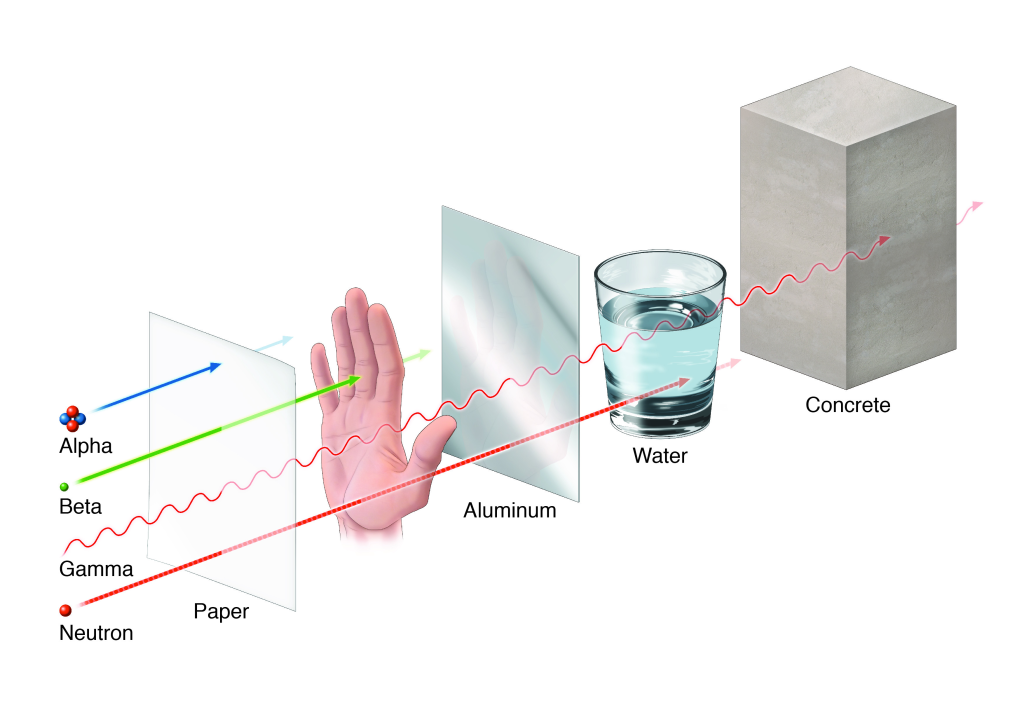Radiation, a natural and man-made phenomenon, is an intricate subject that affects both the environment and human health. Understanding its nature, types, sources, and effects is crucial in comprehending the potential risks and benefits associated with it.
This article aims to provide a thorough and precise exploration of radiation rf cabin, delving into its intricate details, and addressing the concerns of an audience seeking knowledge and freedom in making informed decisions.
Let us embark on an enlightening journey into the world of radiation and its multifaceted impact.

The Nature of Radiation
Radiation is a form of energy that is emitted as particles or electromagnetic waves. It occurs naturally in the environment and can also be produced by human activities. While radiation has many beneficial applications, such as in medicine for radiation therapy https://www.accentrix.com.my/, it also poses certain hazards.
Exposure to high levels of radiation can be harmful to living organisms, causing damage to cells and DNA. This can lead to various health effects, including radiation sickness, cancer, and genetic mutations. It is crucial to manage and control radiation hazards to protect both individuals and the environment.
In radiation therapy, carefully controlled doses of radiation are used to treat cancer by targeting and destroying malignant cells. This highlights the dual nature of radiation, where it can be both beneficial and potentially harmful, depending on its usage and dosage.
Types of Radiation
There are various types of radiation that are categorized based on their sources and energy levels. Radiation therapy is a common treatment method that uses high-energy radiation to target and destroy cancer cells. It can be delivered externally, using a machine called a linear accelerator, or internally, using radioactive substances placed directly into the body. Radiation therapy is a crucial component in the fight against cancer and has been proven to be effective in controlling and eliminating tumors.
On the other hand, radiation detection is the process of identifying and measuring the presence of radiation in an environment. This is important for ensuring safety in industries where radiation is present, such as nuclear power plants or medical facilities. Various types of detectors, such as Geiger-Muller counters or scintillation detectors, are used to measure the intensity and type of radiation present. These detectors play a vital role in protecting workers and the public from the harmful effects of radiation exposure.
Sources of Radiation
Ionizing radiation can originate from various sources, including natural sources like cosmic rays and radioactive materials, as well as man-made sources such as nuclear power plants and medical imaging devices.
Nuclear power plants produce radiation as a byproduct of their operations, particularly during the process of generating electricity through nuclear fission. While these plants are designed to minimize the release of radiation into the environment, there is still a potential for exposure to ionizing radiation.
Medical imaging devices, such as X-ray machines and CT scanners, also utilize ionizing radiation to create detailed images of the human body. These devices are essential for diagnosing and treating various medical conditions, but they also come with a risk of radiation exposure.
It is important to ensure that proper safety measures are in place to protect both patients and healthcare professionals from unnecessary radiation exposure.

Effects of Radiation on the Environment
Exposure to ionizing radiation can have significant impacts on the environment. These impacts include changes in ecosystems, genetic mutations in wildlife, and potential contamination of air, water, and soil.
These ecological consequences can have long-term environmental implications. Radiation can disrupt the delicate balance of ecosystems by damaging plant and animal life. It can lead to the decline or extinction of certain species, disrupting food chains and causing cascading effects throughout the ecosystem.
Genetic mutations in wildlife can occur as a result of radiation exposure, leading to abnormalities and reduced reproductive success.
Additionally, radiation can contaminate air, water, and soil, posing a threat to human and animal health.
The long-term environmental implications of radiation exposure are concerning. The effects can persist for many generations and have far-reaching consequences for the overall health and stability of ecosystems.
Impact of Radiation on Human Health
The impact of radiation on human health is a critical concern due to its potential to cause various adverse effects on individuals. Radiation exposure can occur from various sources such as medical procedures, nuclear accidents, and occupational exposure.
While radiation therapy is an essential treatment for cancer, it can also have side effects on the body. The most common immediate effects of radiation exposure include skin burns, nausea, and fatigue. Long-term effects can include an increased risk of cancer, genetic mutations, and damage to organs.
It is important for individuals to be aware of their radiation exposure and take necessary precautions to minimize their risk. Medical professionals play a crucial role in monitoring and managing radiation exposure during treatments to ensure the best possible outcomes for patients.
Conclusion
In conclusion, radiation refers to the emission of energy in the form of waves or particles from various sources. It can be classified into different types, such as ionizing and non-ionizing radiation.
Sources of radiation include natural sources like the sun, as well as human-made sources like nuclear power plants and medical devices.
Radiation can have various effects on the environment and human health, depending on the dose and duration of exposure. Understanding and managing radiation is crucial for protecting both the environment and human well-being.


















